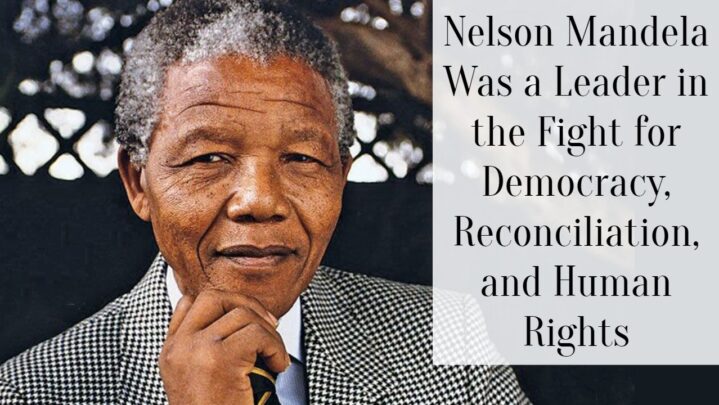Nelson Mandela was born on July 18, 1918, in a tiny town in South Africa, amid the repressive apartheid regime, which discriminated against black people and other non-white races. Notwithstanding the difficulties of living under apartheid, Mandela was steadfast in his pursuit of justice and equality for all South Africans.
Nelson Mandela began his activity in the 1940s when he joined the African National Party (ANC), a political group that opposed apartheid. He soon progressed through the ranks to become one of the movement’s most renowned leaders.
His activism, though, came at a cost. In 1962, Nelson Mandela was detained and tried for subversion and planning to destabilize the regime. He was condemned to life in prison and served 27 years.
Nelson Mandela remained a symbol of resistance and optimism throughout his imprisonment. His release in 1990 signaled the start of a new era in South African history. Mandela labored relentlessly to ensure a peaceful transition to democracy and the abolition of apartheid. He worked with the government to release political prisoners, repeal discriminatory legislation, and develop democratic institutions.
Nelson Mandela’s leadership during this time was outstanding. He urged South Africans to embrace forgiveness and reconciliation, emphasizing the significance of healing and progress. Nelson Mandela’s legacy continues to inspire people worldwide. His steadfast dedication to justice and equality provide hope to people facing injustice and prejudice.





